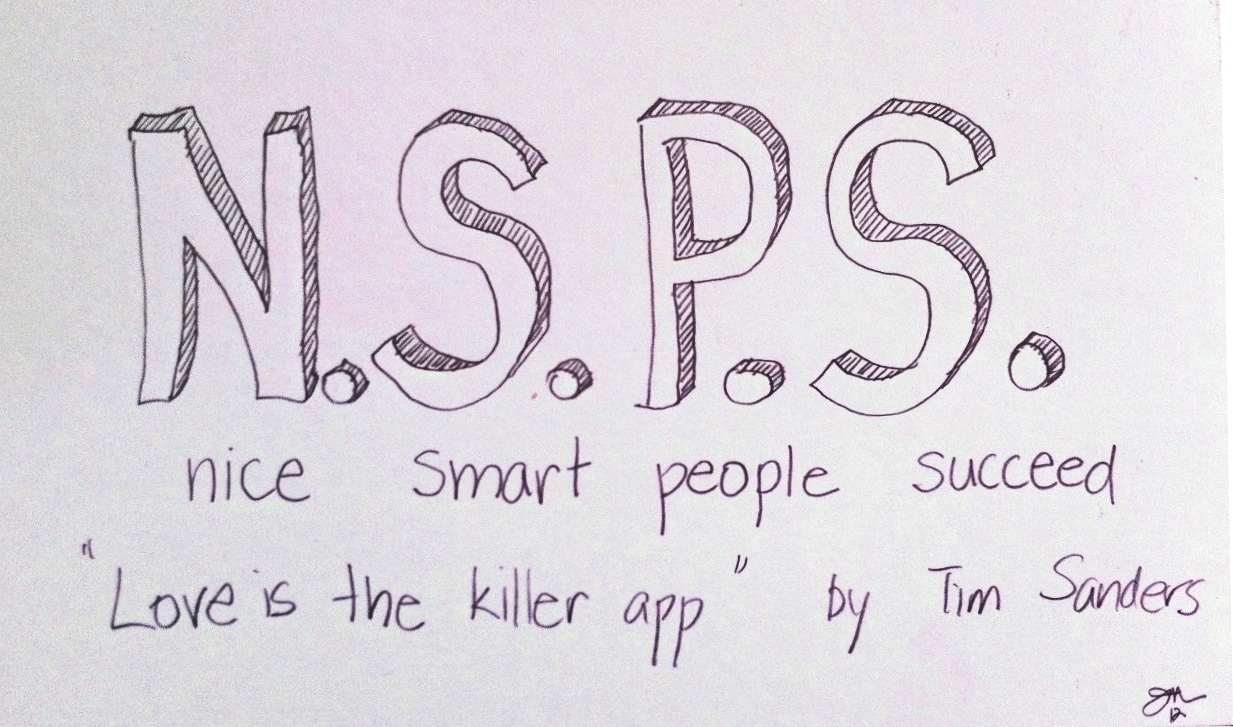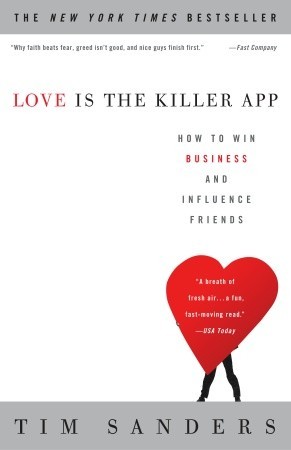
Why is it that some brands fail, while others stand the test of time?
“In the 1980’s alone 230 companies disappeared from the Fortune 500. In fact, only sixteen of the 100 largest companies that were around in the early 1900’s are still with us.”These words are from Donald R. Keough’s 2008 book ‘The Ten Commandments for Business Failure ‘.
‘.
Coke is one of those brands. Introduced in 1886, Whether you like Coke or not, it’s difficult to deny the brand’s, ubiquity, staying power and success through the years. Coke is recognized at one of today’s most valuable brands.
You may never have heard of Donald Keough, but he is at least partially responsible for the The Coca-Cola Company’s longevity. Mr. Keough was first associated with the company back in 1950, and still sits on its board 65 years later. He has served as the company’s President and Chief Operating Officer and retired from his position as Chairman of the Board of Coca-Cola Enterprises in 1993.
Donald Keough has also served on boards of several other distinguished companies including The Washington Post, H.J. Heinz Company and Berkshire Hathaway. He holds five honorary doctorates, including ones from Trinity College in Dublin, Ireland and his alma mater the University of Notre Dame.
Legendary investor and one of the richest men in the world, Warren Buffet, documented his resounding endorsement in the foreword. “It has been an article of faith for me that I should always try to hang out with people who are better than I. There is no question that by doing so, you move yourself up. It worked for me in marriage, and it’s worked for me with Don Keough.” As if any further endorsement were necessary, Microsoft co-founder, Bill Gates, and Jack Welch who led GE for 20 years as Chairman and CEO also sanctioned the book on its front cover.
In a charming and often self-deprecating style, the author takes us through the tongue-in-cheek Ten Commandments, for Failure, which are as follows:
1. Quit Taking Risks
Creating profits in the long-term requires innovation in the now. Business leaders are paid to “be discontented”, to take the calculated risks that will ensure the company’s success in the future. “When you’re comfortable, the temptation to quit taking risks is so great, it’s almost irresistible”, but it is the number one way to seal your fate and fail. Mistakes and miscalculations, even very costly ones, are simply the price of staying in business.
2. Be Inflexible
The “if it ain’t broke, don’t fix it” mentality is the second best way to secure the demise of a business. There is no one formula for success that will continue to work always; leaders must constantly challenge themselves to change. “Flexibility is a continual deeply thoughtful process of examining situations and when warranted, quickly adapting to changing circumstances.” Darwin’s concept natural selection is applicable not just to organic species, but to the survival of businesses as well.
3. Isolate Yourself
Staying in touch with customers, distributors, managers and staff is essential to continued growth and success. It is temptingly easy to physically isolate yourself from “distractions” in the comfort of leather sofas and plush carpets in corner offices on high floors guarded by layers of Personal Assistants. Creating your own “executive bubble” is a great way to be the last to know when anything is going wrong. Answer your own phone, make your own coffee, know the names of your people – walk around and find out how they are doing and what the Company needs to be doing better.
4. Assume Infallibility
Another great way to fail successfully is to never ever admit a problem or a mistake. Develop the artful skill of finger-pointing. Blame external forces such as currency fluctuations or the unusually active hurricane season. Cover up mistakes for as long as possible without admitting that anything is going wrong. It’s best to wait until there is a full-blown crisis and then say “mistakes were made…” (but not by me).
5. Play the Game Close to the Foul Line
When you consistently “play it close to the foul line”, your employers will not trust you, and neither will your customers. If you achieve success by destroying your principles in the process, it will not last. Build a reputation for doing the right thing – to be forthright, honest and fair. Build trust. Honor and decency are virtues which never become outdated.
6. Don’t Take Time to Think
“Thought is hard” ~Goethe. In many ways technology often adds to the complexity of life without providing appreciable advantages. With the steady stream of data constantly bombarding us, it is appealing to believe that being busy is the same as being effective. Base decisions on careful evaluation. Objectively analyze mistakes; they are a powerful opportunity to see what went wrong. Making time to think is essential for success.
7. Put All Your Faith in Experts and Outside Consultants
“It is better to know some of the questions than all of the answers.” -James Thurber. Putting too much faith in outside expertise can lead to disastrous consequences. Quite often, managers insecure in their authority blame restructuring, layoffs and other unpleasant decisions on plans drawn up by outside experts. This is just another cowardly way of passing the buck. Good business leaders take responsibility for the future of their businesses, they don’t farm out important strategy decisions to third parties.
8. Love Your Bureaucracy
If you want fail spectacularly, put administrative concerns ahead of everything else. Chains of command, paper pushing, and general red tape can lead to endemic dysfunction. Bureaucracy within organizations causes responsibility to become so diluted that the managers become incapable of making objective decisions. Action becomes impossible. In a crisis, the results can be catastrophic.
9. Send Mixed Messages
Communication does not occur unless the message is both heard and understood. For example, rewarding employees who have not met performance targets sends the message that the targets really don’t matter. Be consistent in the message you send. Apply accountability and follow through with the consequences.
10. Be Afraid of the Future
If you want to paralyze your business, start proceeding with caution all the time, allow pessimism to thrive. Unquenchable optimism is the spirit the engenders achievement and success. Move boldly ahead – approach the future with optimism – especially when the circumstances are unfavorable.
11. Lose Your Passion for Work, for Life
To fail, just continue to set low expectations for yourself and everyone around you; keep saying “that’s good enough”, or “that’s not my job”. All achievement requires passion. Work is hard, but it is worth the effort to those who are convinced that they are capable of being better. It is the strong desire to do better and solve problems that should drive your passion to work harder. Successful people perform at a higher level, just for the satisfaction of doing it. Passion can be cultivated; form a strong emotional connection with whatever you are doing, and never stop.
In many ways, Donald Keough’s book is a story of failure, with lively anecdotes illustrating each commandment, the author details the perilous mistakes of Xerox, IBM, Ford and especially Coke. Companies don’t fail, people do.
It is also a tale of success. Great leaders don’t allow themselves to be dragged down by failure, they recognize the mistake, admit their errors and find a way to move on. This amazing little books gives us a glimpse into how a product established in 1886 is still with us today as one of the strongest and most loved brands in the world. It is as refreshing and stimulating as an ice-cold glass of Coke Zero on a hot summer day. I highly recommend it.

 I am a night owl by nature. I love to stay up late. I enjoy nighttime and have my most productive hours between 1am and 3am. In University and even early in my career, I could make miracles by staying up late. I would do last-minute cramming and finish off complex projects by pulling adrenaline-fueled all-nighters. But achieving this apex of productivity comes at a significant cost if you’re trying to hold down a day job. The downside would be the crash, the crankiness and other clear signs of sleep deprivation a few days later.
I am a night owl by nature. I love to stay up late. I enjoy nighttime and have my most productive hours between 1am and 3am. In University and even early in my career, I could make miracles by staying up late. I would do last-minute cramming and finish off complex projects by pulling adrenaline-fueled all-nighters. But achieving this apex of productivity comes at a significant cost if you’re trying to hold down a day job. The downside would be the crash, the crankiness and other clear signs of sleep deprivation a few days later.



